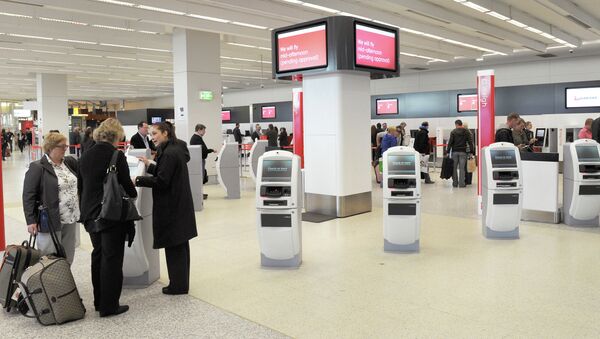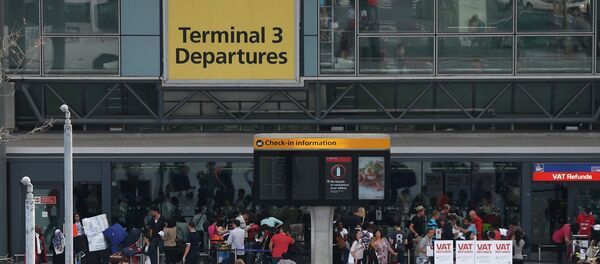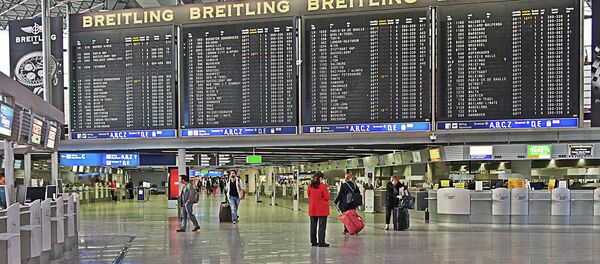"I think if it [PNR] is properly implemented, it is likely to be useful in a sense that any time we can use additional information to target scarce investigative resources, we are improving our capability of protecting ourselves," Paul Rosenzweig, the founder of Red Branch Consulting PLLC, a homeland security consulting company, told Sputnik Wednesday.
Rosenzweig said the proposal had faced opposition in the past, which could continue in the future, but that would depend on people's developing reaction to terrorist attacks like the one on the office of the French Charlie Hebdo magazine.
The Red Brach Consulting executive stressed, however, that targeted surveillance is superior to mass data collection, and therefore the resources of surveillance should be better targeted on people who are more likely to be dangerous for the public.
Richard More O'Ferrall, spokesperson for the Greens Group, expressed a similar opinion in an interview with the viEUws EU Policy Broadcaster Tuesday.
O'Ferrall claimed that most of the anti-terrorism measures currently being proposed by the European institutions are "repacked political projects rather than new solutions" and stressed that the focus should be on facilitating information exchange and conducting more targeted surveillance, rather than encouraging mass data collection.
Dimitris Avramopoulos, the European commissioner for migration, home affairs and citizenship, was ordered to redraft the Passenger Names Record (PNR) legislation at the end of last month, after France saw a wave of terrorist attacks between January 7 and January 9 that took the lives of 17 people. Twelve of the victims died when a gunman attacked the office of the Charlie Hebdo satirical maganize in Paris on January 7.
Avramopoulos told the European parliament on January 29 that the storage of data on all air travelers under PNR, which has been blocked by the parliament since 2013, is necessary to enhance Europeans' security and would not clash with safeguarding civil liberties in Europe.





